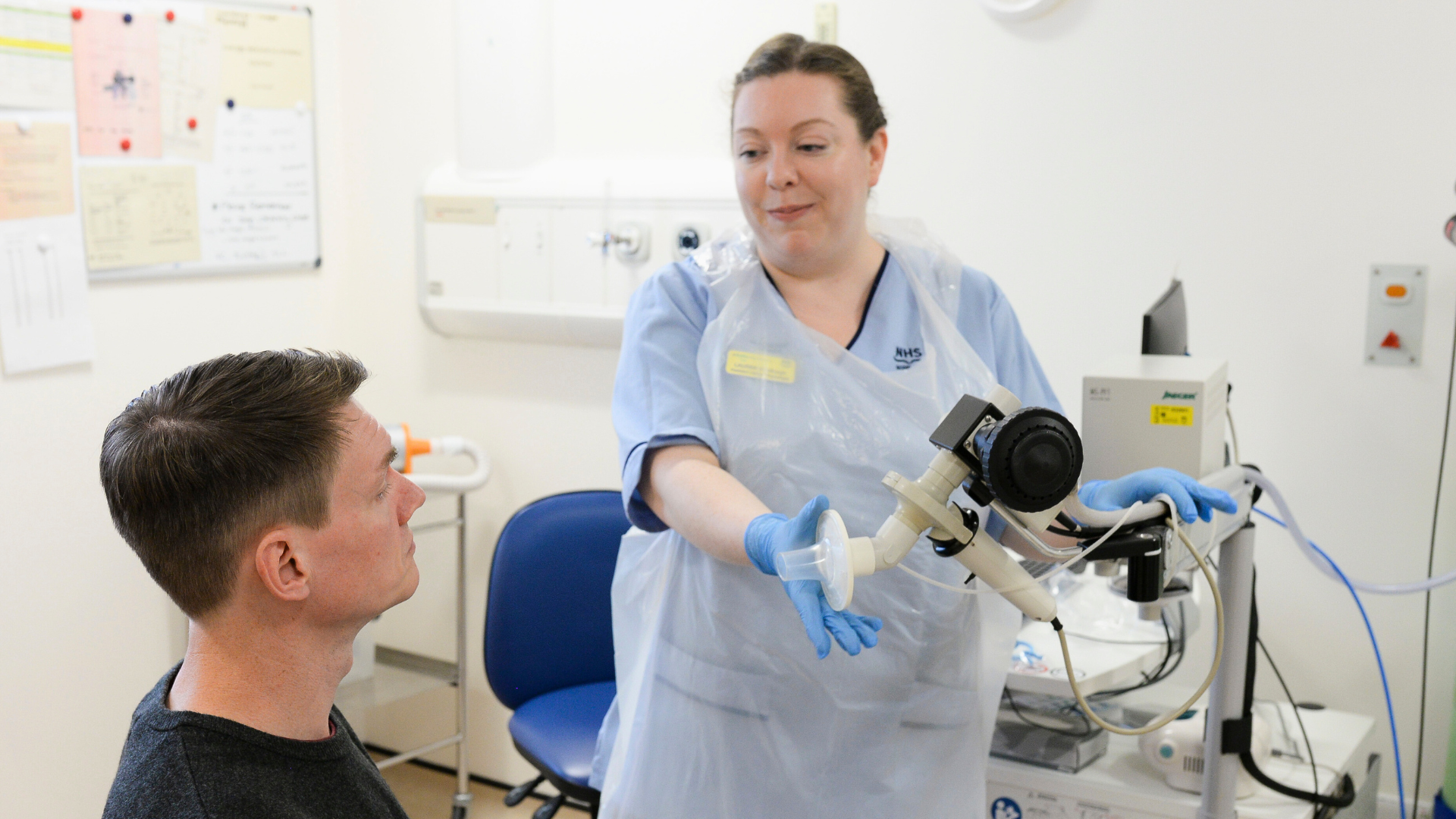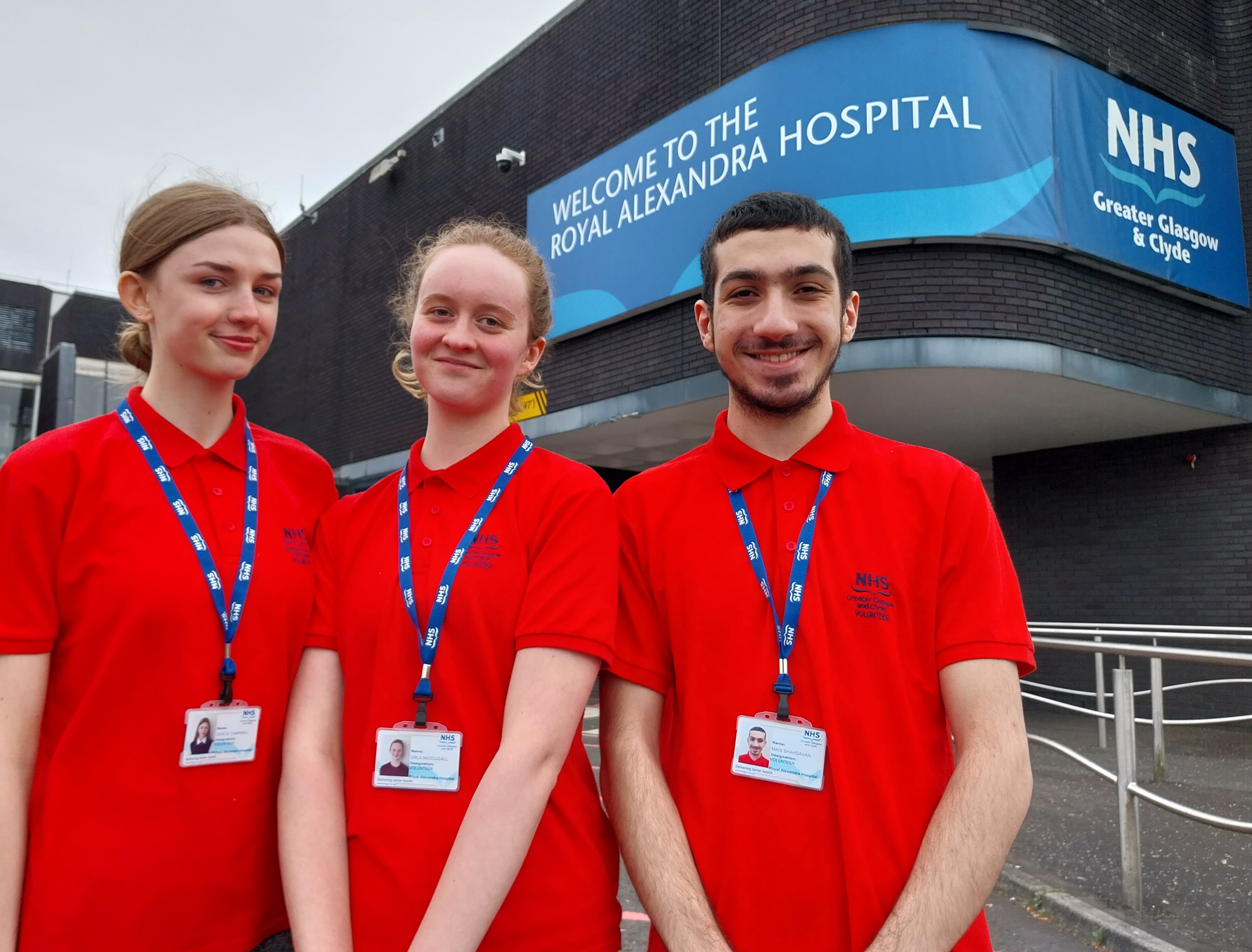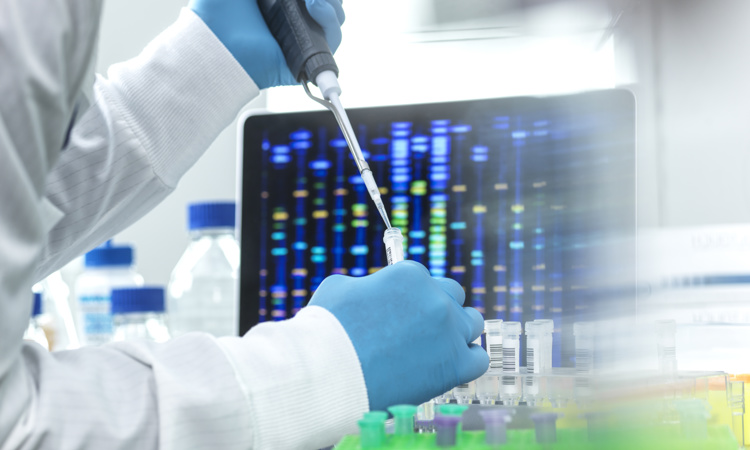How to become an assistant practitioner in physiological sciences
You can apply for assistant practitioner vacancies on our recruitment website.
What is a assistant practitioner in physiological sciences?
Assistant practitioners in physiological sciences set up and clean clinical equipment, support routine diagnostic testing and update patient records.
They work in one of these areas:
- audiology
- cardiac sciences
- gastrointestinal physiology
- neurophysiology
- ophthalmic and vision science
- respiratory physiology
- sleep physiology
- vascular science

Starting your career as an assistant practitioner in physiological sciences
Choosing subjects at school
To become an assistant practitioner in physiological sciences, useful school subjects include:
- English
- Biology
- Chemistry
- Maths
Speak to your guidance teacher or careers adviser about subjects offered at your school.

Workplacements and volunteering
You may find it helpful to get some healthcare experience by doing a work placement or volunteering. You’ll get training, increase your knowledge, and learn new skills. This could help you when applying for a new job with NHSScotland.
Get to know the role
As an assistant practitioner in physiological sciences, you'll support the clinical physiology team with diagnostic investigations.
Tasks include:
- Basic operation of equipment including regular cleaning.
- Accurately input details into the patient management system.
- Input of stock orders into the finance system and general stock-keeping duties.
- Communicate with other departments by phone, letter and email.
- Handle enquiries from service users, patients, and members of the public.
You'll need these skills:
- communicating
- collaborating
- focussing
- caring
- decision-making
- adapting
You could work with:
- audiologists
- sleep physiologists
- respiratory physiologists
- neurophysiologists
- cardiac clinical physiologists
You could work in different departments within a hospital, such as:
- audiology
- cardiology
- respiratory
- sleep medicine
Learning and development
You will be encouraged to develop your career in NHSScotland. You'll receive training on the following:
- standard operating procedures
- quality management policies
- external quality assessment and internal quality control
- department and hospital health and safety
- risk management
You could also complete additional qualifications.
Career progression
With experience and further training, you could apply for the clinical physiology undergraduate training programme to become a qualified healthcare science practitioner in your specialist area.
You can apply for training opportunities on our recruitment website.
Professional bodies
As an assistant practitioner in physiological sciences, you can join the Academy for Healthcare Science non-accredited healthcare science register.
Navigate page

Careers in healthcare science
Discover the range of healthcare science careers you can choose in the NHS.
Healthcare science
NHSScotland Careers blog
Our blog includes how-to guides, case studies, and career resources.
Discover more